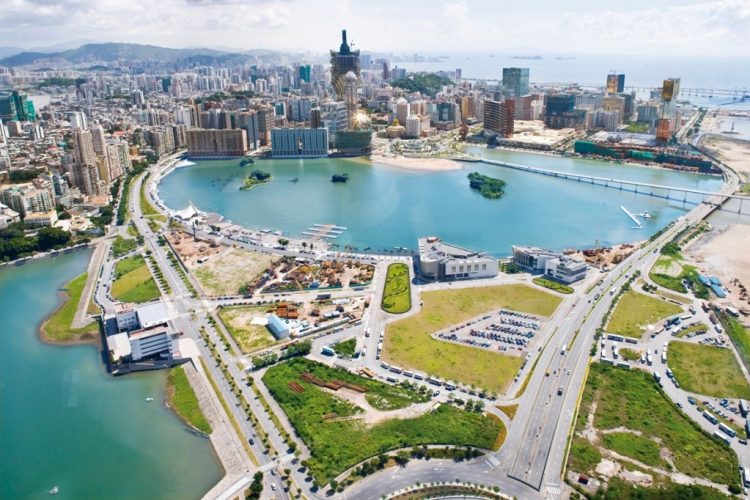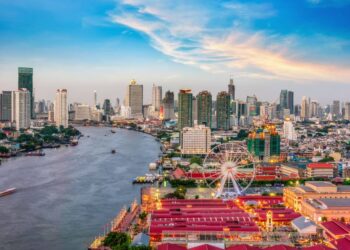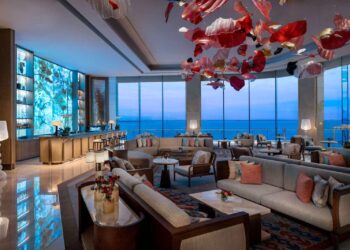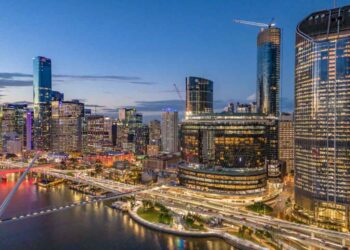While the Macau gaming operators are eagerly anticipating a potential loosening of COVID-19 border restrictions so they can return to sustainable operations, a more looming question is probably on the mind of its long-term investors – that of the impending re-tendering process for gaming licenses, all set to expire in 2022.
Macau’s operators may not need to worry too much about license revocation or some other black-swan event, but with last year’s Hong Kong protests, the US-China trade war and the ongoing COVID-19 pandemic, their businesses have already experienced huge challenges and significant value destruction. The last thing they need now is any further unnecessary challenges to their already beleaguered enterprises.
While being granted additional 20-year licenses are unlikely given the Macau government’s recent comments, decisions made by the Singapore and Japanese governments could provide a prelude as to what Macau’s post-2022 operating landscape will look like.
The Singapore government’s recent decision to extend the current casino license duopoly by 10 years requires both Marina Bay Sands and Resort Worlds Sentosa to invest a combined US$6.6 billion to expand their facilities, which will consist primarily of non-gaming elements. The government was able to extract the large capital commitments by committing to limiting competition over the next 10 years to the existing two license holders. Maintaining the duopoly was a critical component in the negotiations.
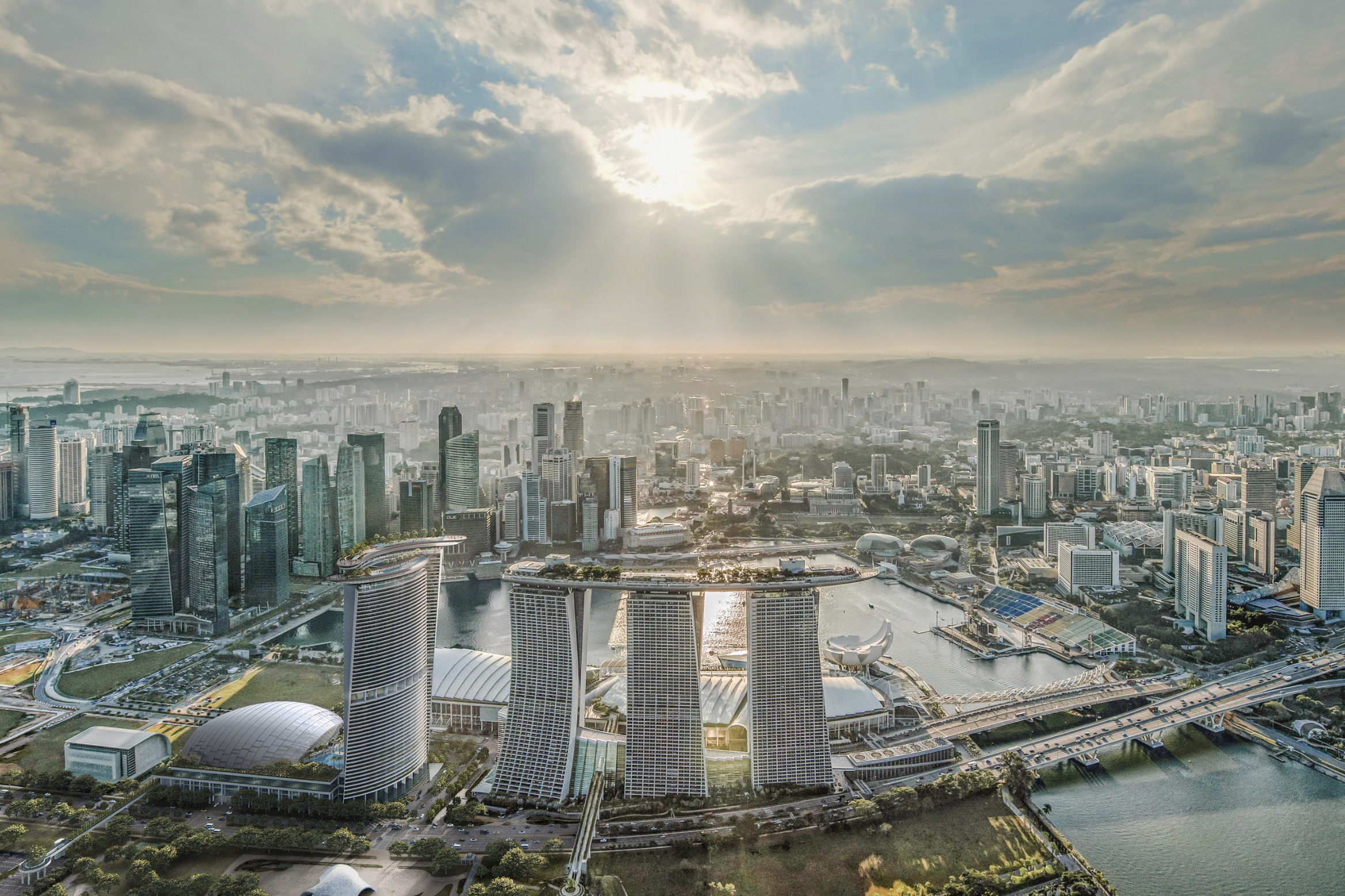
Similarly, the Japanese government is in the process of initiating a casino gaming industry and is currently soliciting proposals for integrated resort (IR) developments, but with much shorter licensing tenures than even Singapore’s 10 years. Japan’s extremely short casino license duration of three years, with renewal every three years, is unprecedented for Asian markets. The government also requires ongoing certifications of the overall IR area development plans with an initial approval of 10 years plus 5-year renewals thereafter.
These dual licensing structures along with the extremely short initial tenure for the casino license, which will drive the majority of the revenue, has been criticized by many as being one-sided and not at all financeable. Still, many companies including Asian heavyweights Galaxy Entertainment Group, Genting Singapore, Melco Resorts & Entertainment and Wynn Resorts are all eagerly vying for the opportunity to invest billions of dollars in Japan.
Given the ongoing interest of these companies in the Japan market, the Macau government has good reason to drive a harder bargain with its current gaming operators in the lead-up to 2022. Yet, they would be wise not to go too much further afield than what has already been agreed to in Singapore.
Singapore is an established market with substantial local demand. It is also a world-class city that attracts a large number of international visitors. On the other hand, Japan is an unproven jurisdiction with a number of unknowns. Its market will undoubtedly require significant patronage from overseas Chinese visitors – a definite question mark given current travel restrictions and immigration procedures.
Singapore also encouraged local banks to participate in helping to finance its IRs, something we have not yet seen in Japan. Therefore, even though casino operators are making major commitments to invest in Japan, they are all pro forma – having yet to be vetted by investors, lenders or regulators.
Las Vegas Sands’ recent withdrawal from Japan is a minor indicator that Japan’s framework should not be used as a model for Macau.
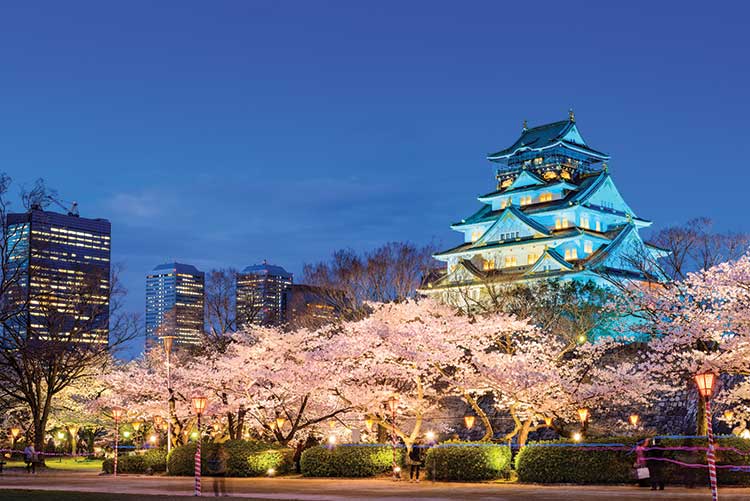
If the Macau government was to limit the next generation of licenses to shorter than 20 years, they should use Singapore’s licensing structure rather than Japan’s nascent framework as they contemplate the next decade of gaming operations.
Singapore was able to strike a nice balancing act of preserving a relatively shorter licensing regime while still obtaining large capital contributions in the form of expanded facilities from its license holders. If the Macau government wants similar success, they should be guided by Singapore’s model and adopt a commercial structure that provides tangible benefits to all parties.






